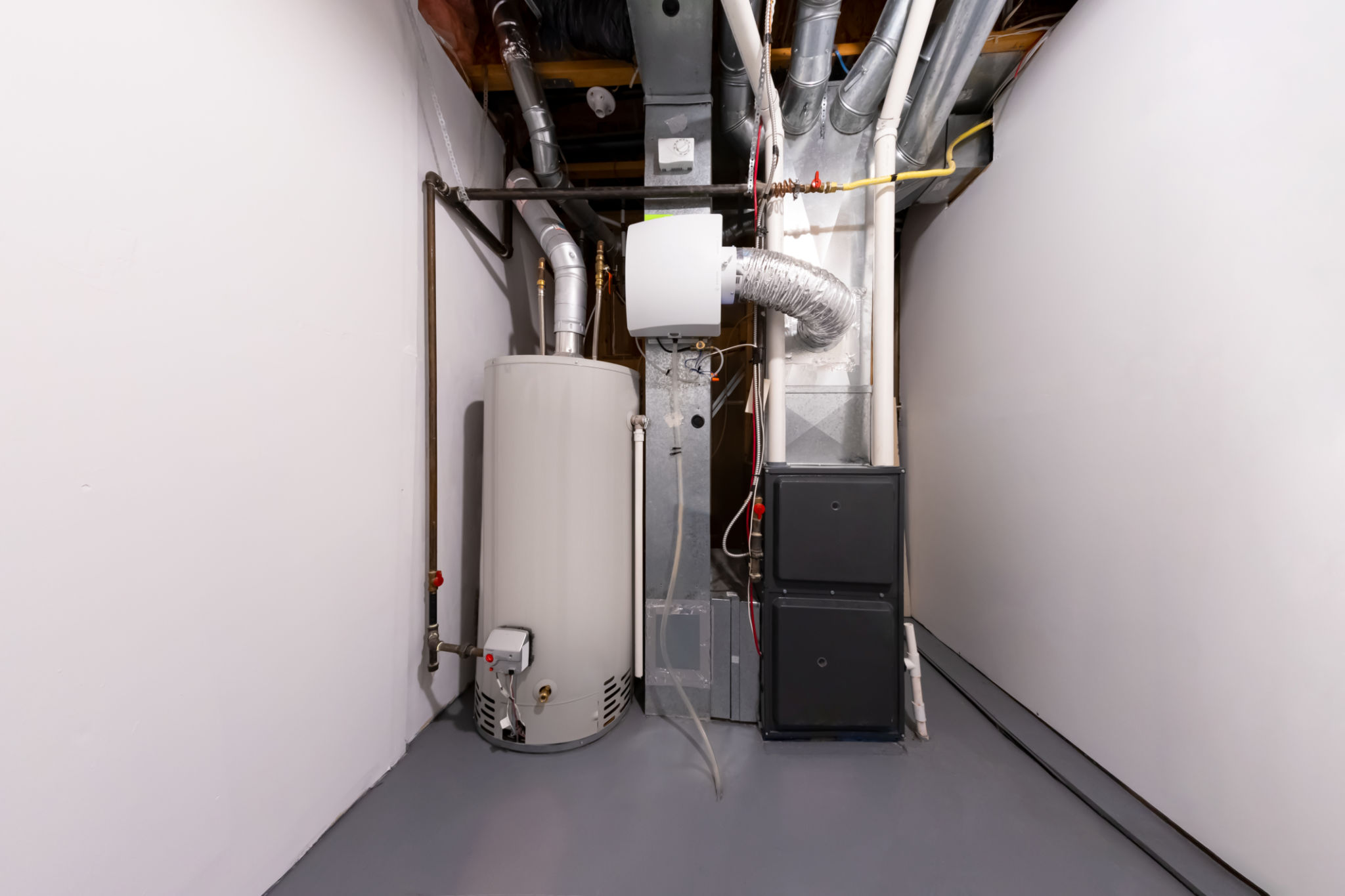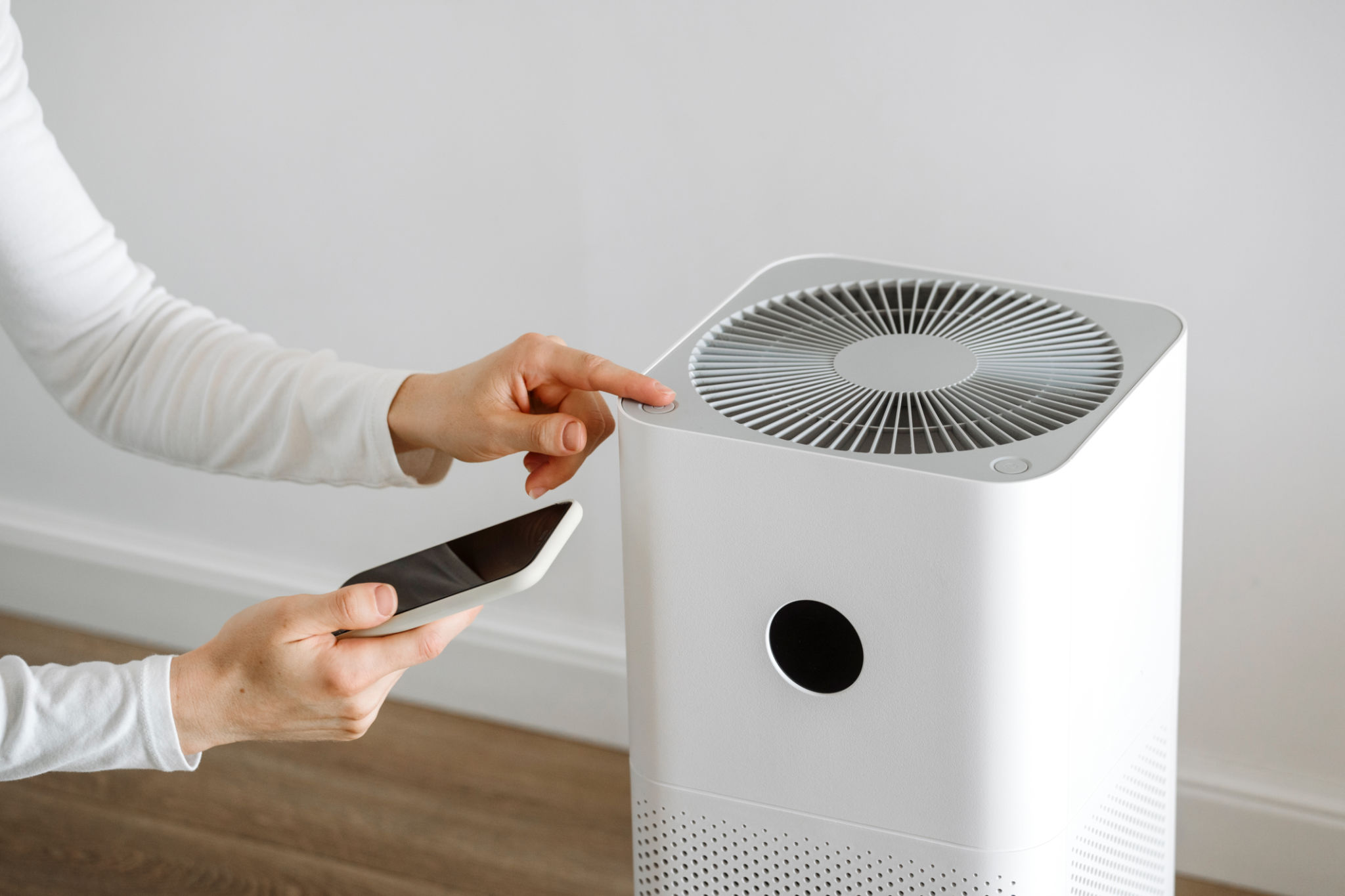Understanding HVAC Systems: A Beginner’s Guide for Homeowners
GS
Introduction to HVAC Systems
As a homeowner, understanding your HVAC system is essential for maintaining a comfortable and energy-efficient living environment. HVAC stands for Heating, Ventilation, and Air Conditioning, and it plays a crucial role in regulating the temperature and air quality in your home. In this beginner’s guide, we'll explore the basic components and functions of an HVAC system and provide tips on maintaining it effectively.
Components of an HVAC System
An HVAC system is composed of several key components that work together to control the indoor climate. These components include:
- Furnace: Responsible for heating air and distributing it throughout the home.
- Air Conditioner: Cools the air and removes humidity during warmer months.
- Ductwork: A network of ducts that transports air to different areas of the home.
- Thermostat: The control center for setting and adjusting the desired temperature.

How HVAC Systems Work
The operation of an HVAC system involves several processes. During the winter, the furnace generates heat, which is distributed through the ductwork by a blower fan. The thermostat detects the temperature and signals the furnace to maintain the desired level of warmth.
In contrast, during the summer, the air conditioner absorbs heat from inside the home and releases it outdoors, cooling the indoor air. The thermostat again plays a crucial role in regulating the temperature by controlling the air conditioner’s cycles.
Ventilation and Air Quality
Ventilation is a critical aspect of HVAC systems that often goes unnoticed. Proper ventilation ensures that fresh air circulates throughout the home, removing stale air and reducing pollutants. Some systems include air filters that capture dust, pollen, and other allergens, improving indoor air quality.

Maintaining Your HVAC System
Regular maintenance of your HVAC system is vital for its longevity and efficiency. Here are some essential maintenance tips:
- Change air filters: Replace filters every 1-3 months to ensure optimal air flow and quality.
- Schedule annual inspections: Have a professional inspect your HVAC system annually to identify and address potential issues.
- Clean air ducts: Periodically clean ductwork to prevent dust buildup and improve efficiency.
- Check thermostat settings: Ensure your thermostat is set correctly for the season and functioning properly.

Energy Efficiency Tips
An energy-efficient HVAC system can significantly reduce utility bills. Consider these tips to enhance efficiency:
- Seal leaks: Ensure all ductwork is sealed correctly to prevent air leaks.
- Upgrade insulation: Proper insulation helps maintain temperature and reduces the workload on your HVAC system.
- Use programmable thermostats: Set schedules for heating and cooling to avoid unnecessary energy use when no one is home.
When to Call a Professional
While regular maintenance can be performed by homeowners, certain situations require professional attention. If you notice unusual noises, inconsistent temperatures, or increased energy bills without explanation, it's wise to contact an HVAC technician. Professionals can diagnose complex issues and perform necessary repairs to ensure your system operates efficiently.
Understanding your HVAC system empowers you to make informed decisions about maintenance and upgrades, ultimately ensuring a comfortable and healthy home environment year-round.